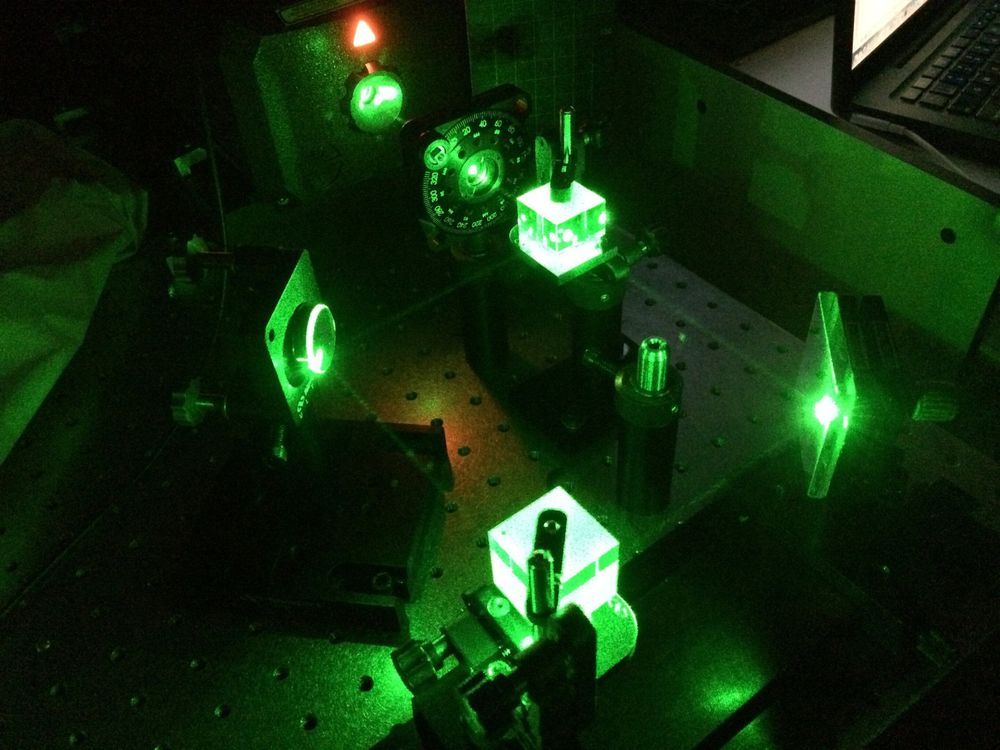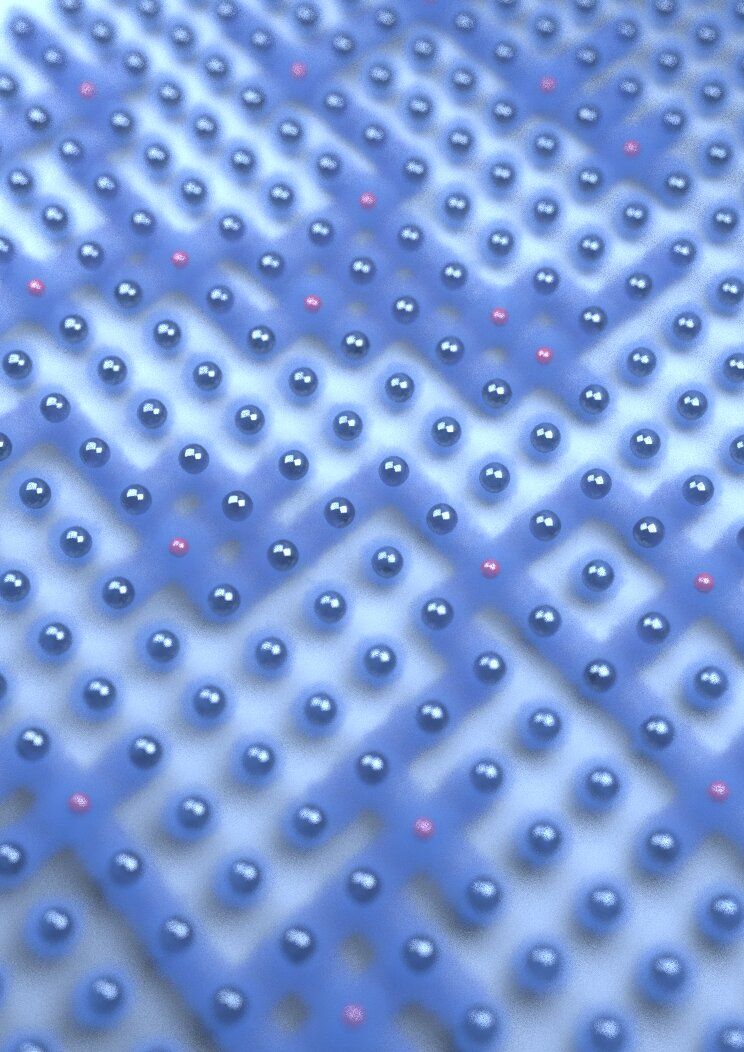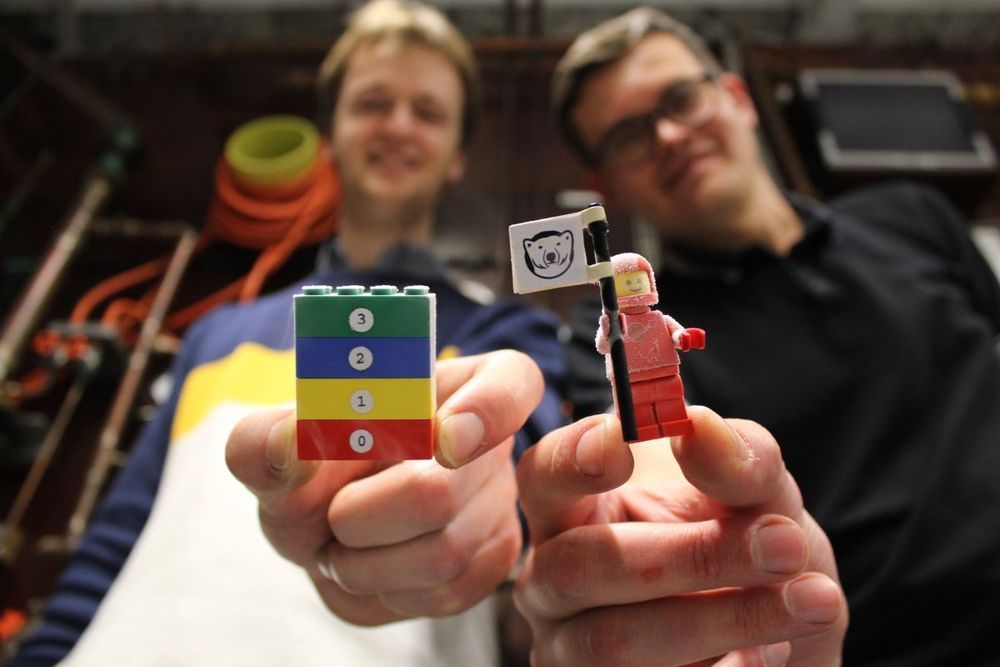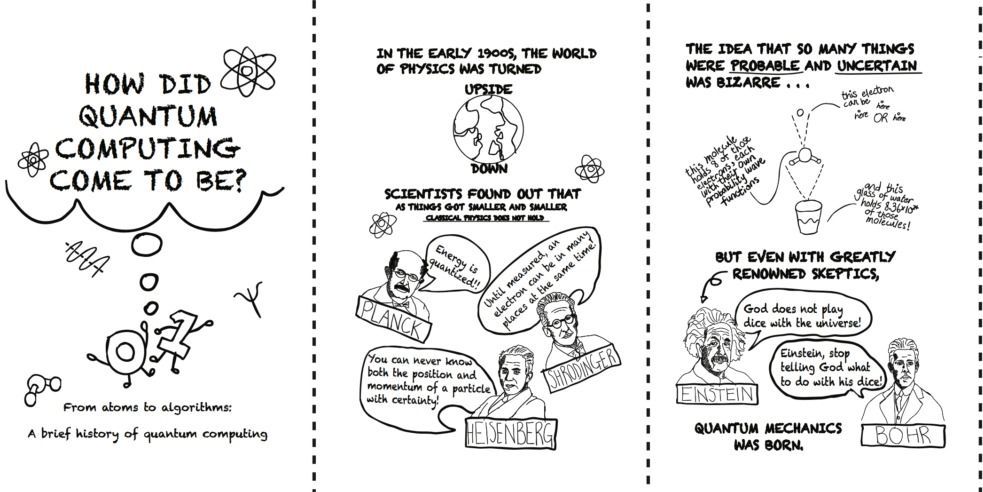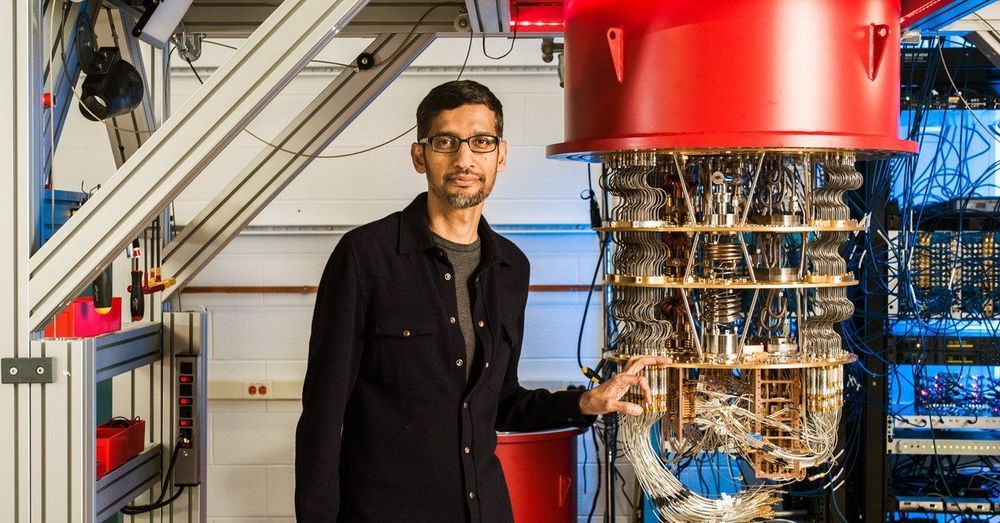A collaboration between McMaster and Harvard researchers has generated a new platform in which light beams communicate with one another through solid matter, establishing the foundation to explore a new form of computing.
Their work is described in a paper published today in the Proceedings of the National Academy of Sciences.
Kalaichelvi Saravanamuttu, an associate professor of Chemistry and Chemical Biology at McMaster, explains that the technology brings together a form of hyrdrogel developed by the Harvard team with light manipulation and measurement techniques performed in her lab, which specializes in the chemistry of materials that respond to light.
